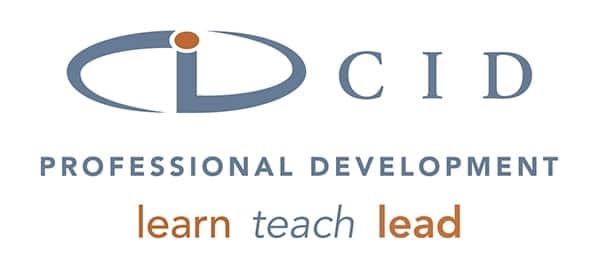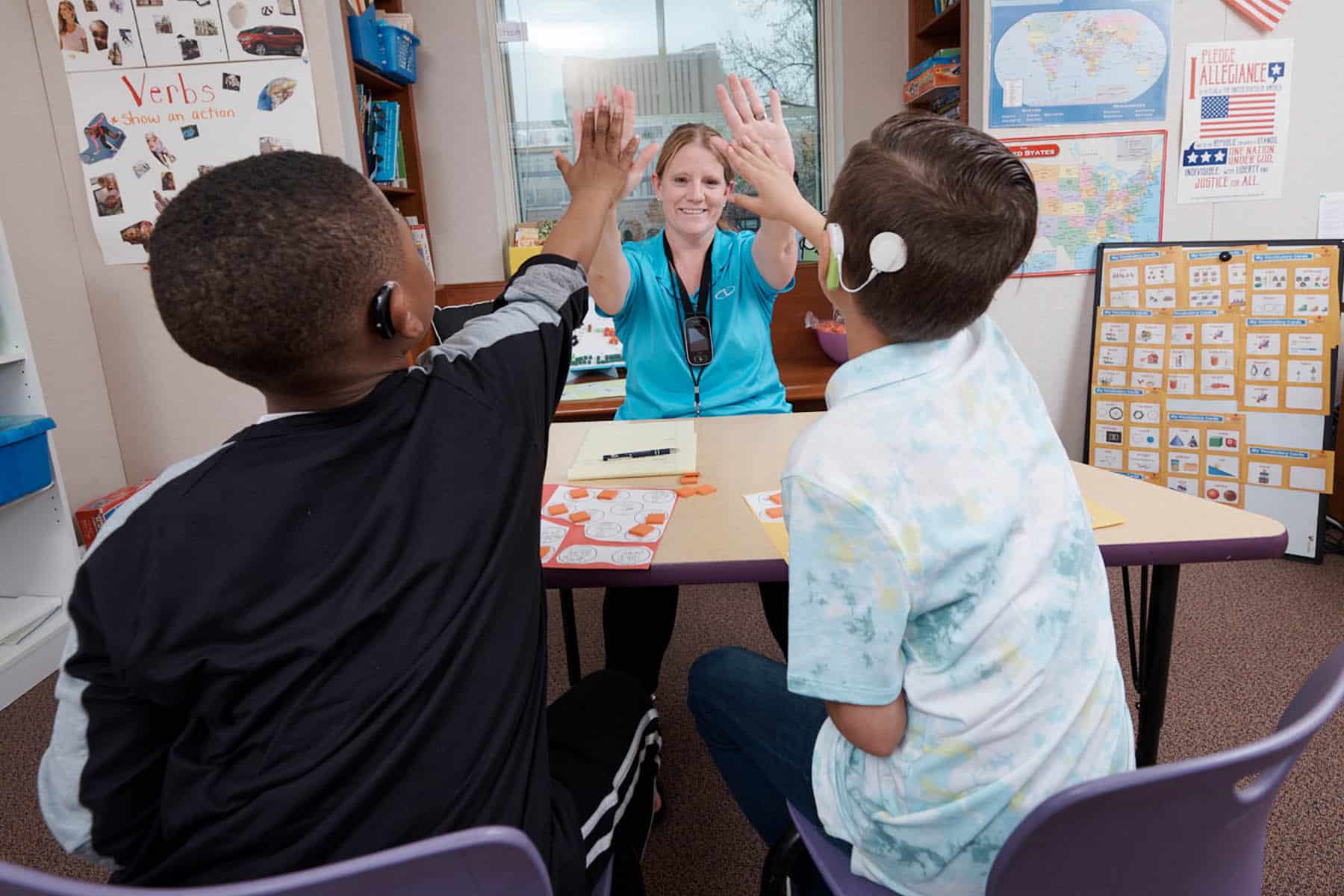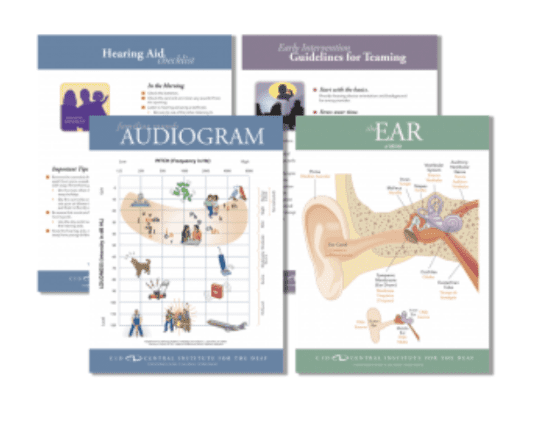Auditory memory, the ability to process, store and recall what a person hears, is essential for developing speech and spoken language. A student demonstrates auditory memory when she can take in information presented orally, store it in her mind and recall it later. This can be an extremely difficult task for an individual who is deaf or hard of hearing who may experience a different or degraded auditory signal. An auditory memory deficit may further compound this difficulty. Elements of auditory memory that can influence language development and academic performance include memory for words, memory for sounds or phonemes, memory for numbers, memory for connected speech, and sequential memory. An individual may have different facility with each of these skills. For example, she may have good memory for spoken words, but not for spoken numbers. A student who demonstrates difficulty following along may appear to be noncompliant; however, she may be exhibiting poor auditory memory skills. Practicing and developing these skills may lead to improved ability to recall information.
Auditory comprehension skills closely resemble auditory memory skills; the distinguishing factor between these is the student’s response. Auditory comprehension tasks build on auditory memory skills. A student demonstrates auditory comprehension when her response indicates she understands— not just recalls — the information. This includes responding appropriately to a question asked, explaining learned information, successfully carrying out a direction or engaging in conversation. When teaching both skills, a student is expected to process and store the presented information. Auditory comprehension skills are essential for language development and academic success. For example, teaching a student to identify similarities and differences between words and concepts, building on her vocabulary skills and working on auditory closure tasks supports her ability to keep up with classroom discussions.
In conclusion, auditory memory is the first step toward developing auditory comprehension. It’s important to remember what information is being presented (auditory memory), then use that information to carry out the tasks for all real-world situations (auditory comprehension).
Check out a few other of our resources on auditory memory and auditory comprehension. . .
Online Course: Strategies for improving auditory memory
Online Course: Strategies to develop auditory comprehension
Curricula: SPICE for Life 2 auditory learning curriculum

Julie Deno, MS, CED joined the teaching staff at CID – Central Institute for the Deaf in 2014. She has been an educator of the deaf for more than 18 years, working with children ages 3–13. She has presented several workshops on auditory learning, presented at a variety of professional conferences, written two online courses about auditory comprehension and vocabulary acquisition, and co-authored SPICE for Life 2. She earned her undergraduate and master’s degrees in deaf education from Fontbonne University, where she later served as an adjunct professor.












